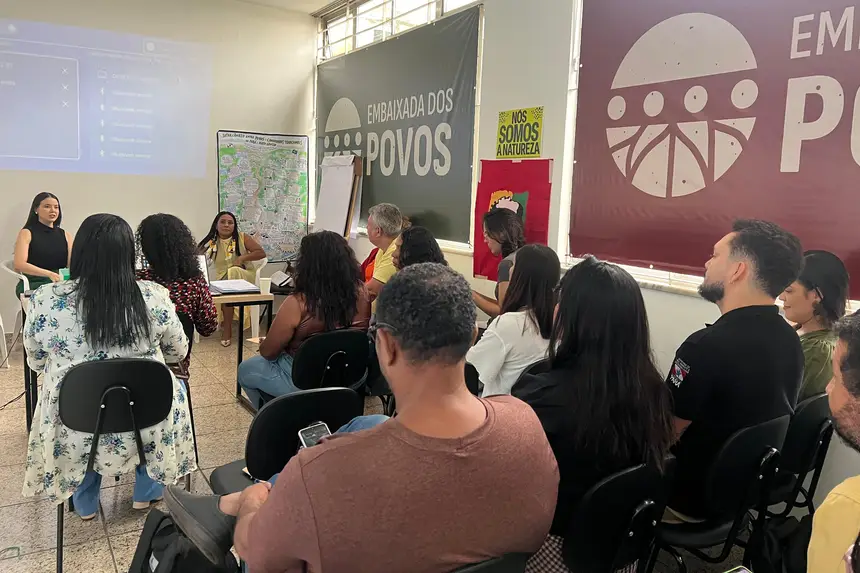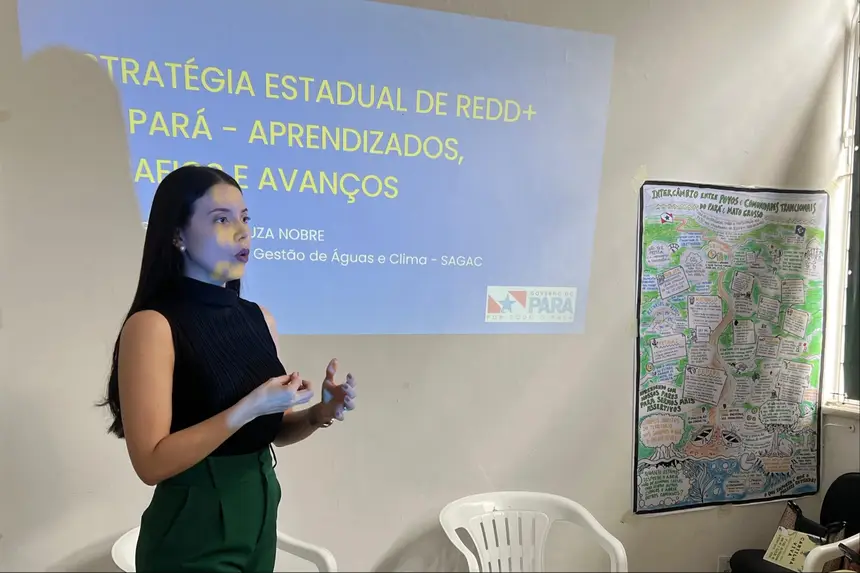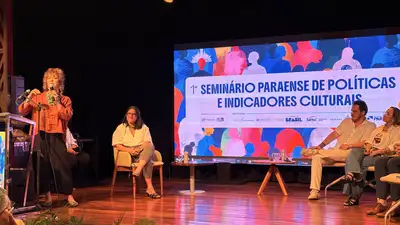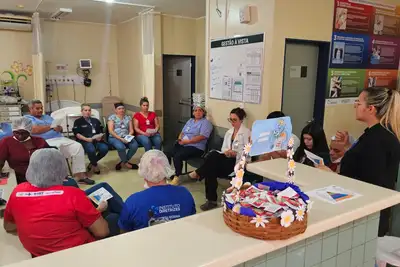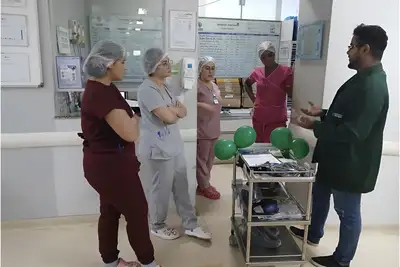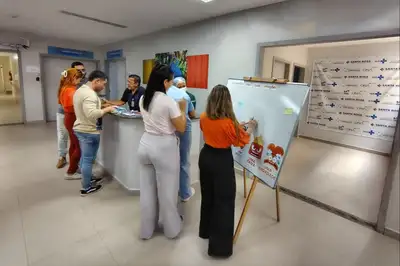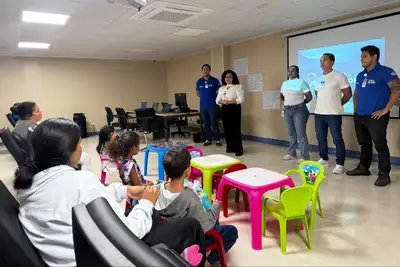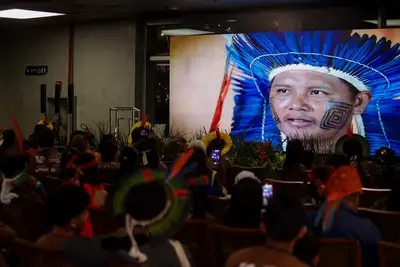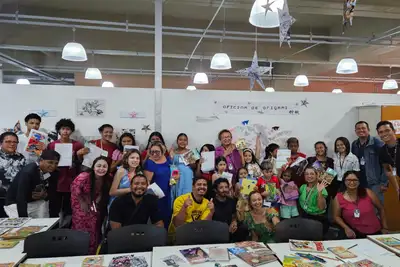Semas presents REDD+ policy to traditional peoples and communities of Pará and Mato Grosso
In Pará, the REDD+ strategy began in 2022 and is currently advancing with the strengthening of dialogue spaces and shared decision-making with traditional peoples and forest protectors
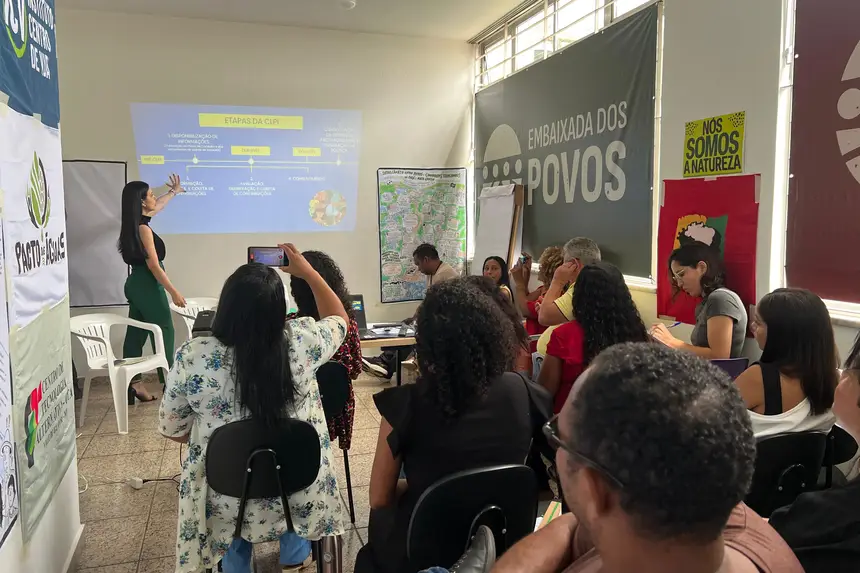
The Secretary of Environment, Climate and Sustainability of Pará (Semas) participated, this Wednesday (3), in the Exchange between Traditional Peoples and Communities of Pará and Mato Grosso, held at the Embassy of Peoples – GTA Network, in Belém. The meeting brought together leaders of traditional peoples and communities, as well as governmental and civil society representatives, to discuss experiences and challenges in implementing the jurisdictional REDD+ system with a focus on social participation.
The deputy secretary of Water and Climate Management of Semas, Renata Nobre, emphasized the importance of the exchange of practices between the States and reinforced that Pará is experiencing a crucial moment in the process of building its Jurisdictional REDD+ System
(SJREDD+), currently in the stage of Free, Prior and Informed Consultation (CLPI) with the PIQCTAFs (Indigenous Peoples, Quilombolas, Traditional Communities, and Family Farmers).
“Initiatives like this strengthen collective building, allowing us to learn from the successes and challenges of other States and to improve our own public policies during this exchange of experiences,” Renata emphasized.
During her participation, the secretary argued that the jurisdictional approach, led by the States, represents a solid and inclusive path to ensure legal security, social safeguards, and fair benefit sharing.
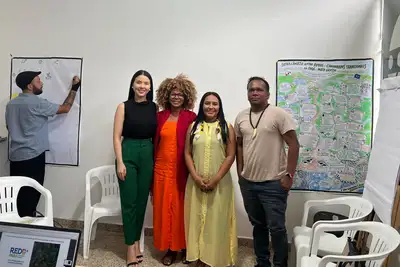
The event also included dialogue circles between leaders from Pará and Mato Grosso, as well as contributions from partner organizations, such as the Socioenvironmental Institute (ISA) and the Amazon Environmental Research Institute (Ipam).
In Pará, the REDD+ strategy began in 2022 and is currently advancing with the strengthening of dialogue spaces and shared decision-making with traditional peoples and forest protectors. The CLPI rounds are planned for indigenous peoples, quilombola communities, extractivists, and family farmers, in the largest consultation process ever conducted by the State with these segments, strengthening the participatory construction of the system.
The CLPI process in Pará follows the principles of Convention 169 of the International Labour Organization (ILO), which ensures that these communities are consulted about public policies that may impact their ways of life.


